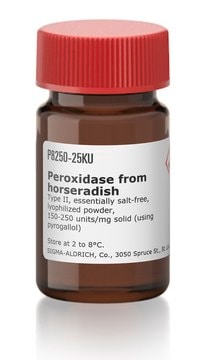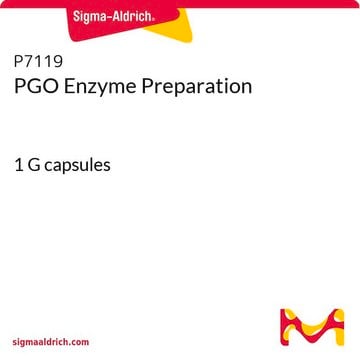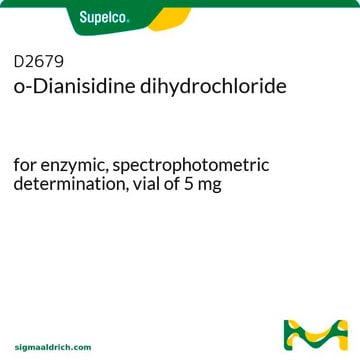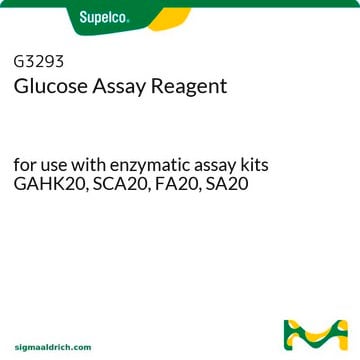D9154
o-Dianisidine dihydrochloride
tablet
Synonym(s):
3,3′-Dimethoxybenzidine dihydrochloride, Fast Blue B
About This Item
Recommended Products
product name
o-Dianisidine dihydrochloride, tablet, 10 mg substrate per tablet
Quality Level
form
tablet
solubility
water: 1 tablet/10 mL, clear, colorless
storage temp.
2-8°C
SMILES string
Cl.Cl.COc1cc(ccc1N)-c2ccc(N)c(OC)c2
InChI
1S/C14H16N2O2.2ClH/c1-17-13-7-9(3-5-11(13)15)10-4-6-12(16)14(8-10)18-2;;/h3-8H,15-16H2,1-2H3;2*1H
InChI key
UXTIAFYTYOEQHV-UHFFFAOYSA-N
Looking for similar products? Visit Product Comparison Guide
Specificity
Warning
Reconstitution
Signal Word
Danger
Hazard Statements
Precautionary Statements
Hazard Classifications
Acute Tox. 4 Oral - Carc. 1B - Eye Dam. 1 - Skin Corr. 1
Storage Class Code
6.1C - Combustible acute toxic Cat.3 / toxic compounds or compounds which causing chronic effects
WGK
WGK 3
Flash Point(F)
Not applicable
Flash Point(C)
Not applicable
Personal Protective Equipment
Certificates of Analysis (COA)
Search for Certificates of Analysis (COA) by entering the products Lot/Batch Number. Lot and Batch Numbers can be found on a product’s label following the words ‘Lot’ or ‘Batch’.
Already Own This Product?
Find documentation for the products that you have recently purchased in the Document Library.
Customers Also Viewed
Articles
NBT-BCIP substrate system aids in western blotting and immunohistological staining, producing a blue-purple insoluble end product.
Protocols
To standardize a procedure for the enzymatic assay of Diamine Oxidase.
Glucose oxidase activity measured via continuous spectrophotometric assay at 500 nm, indicating glucose oxidation rate.
Glucose oxidase activity measured via continuous spectrophotometric assay at 500 nm, indicating glucose oxidation rate.
Glucose oxidase activity measured via continuous spectrophotometric assay at 500 nm, indicating glucose oxidation rate.
Our team of scientists has experience in all areas of research including Life Science, Material Science, Chemical Synthesis, Chromatography, Analytical and many others.
Contact Technical Service












